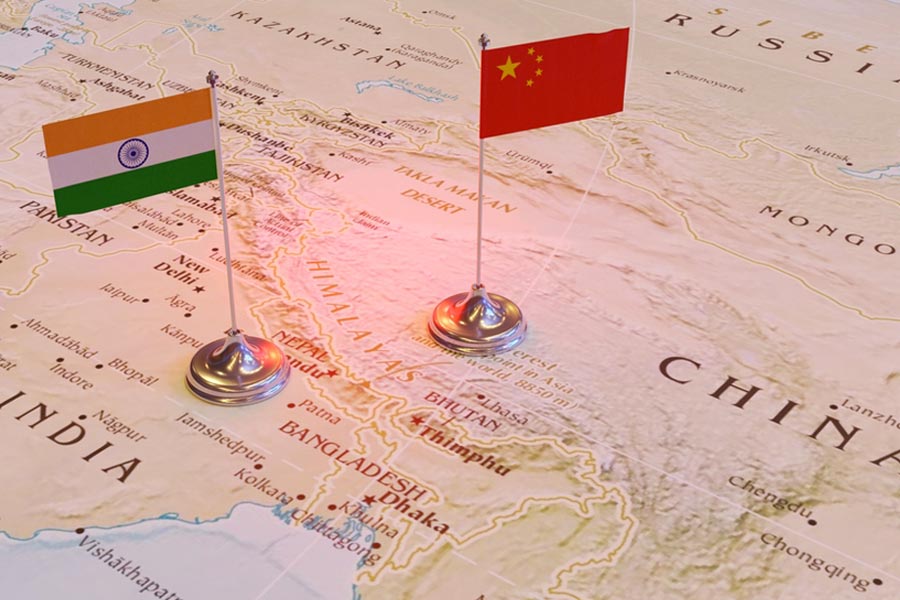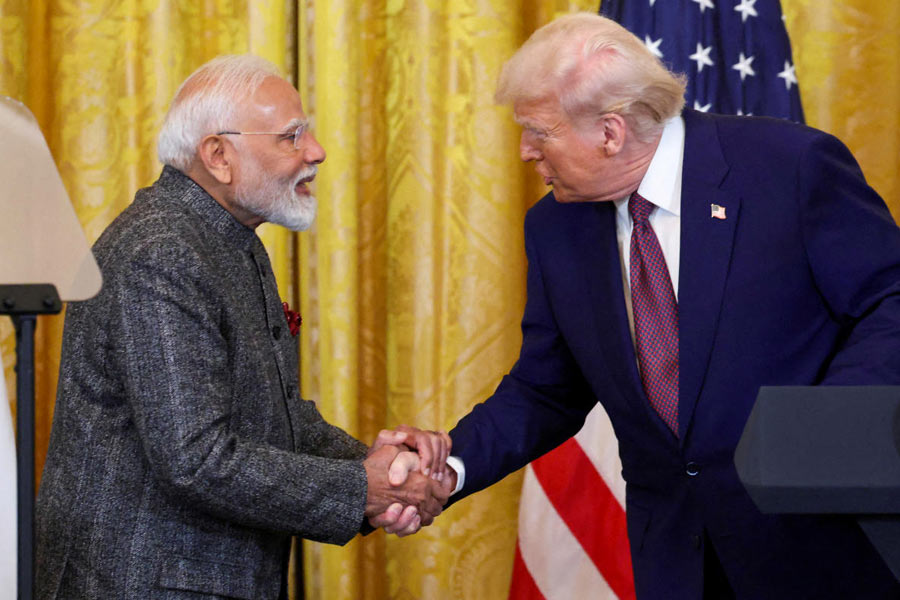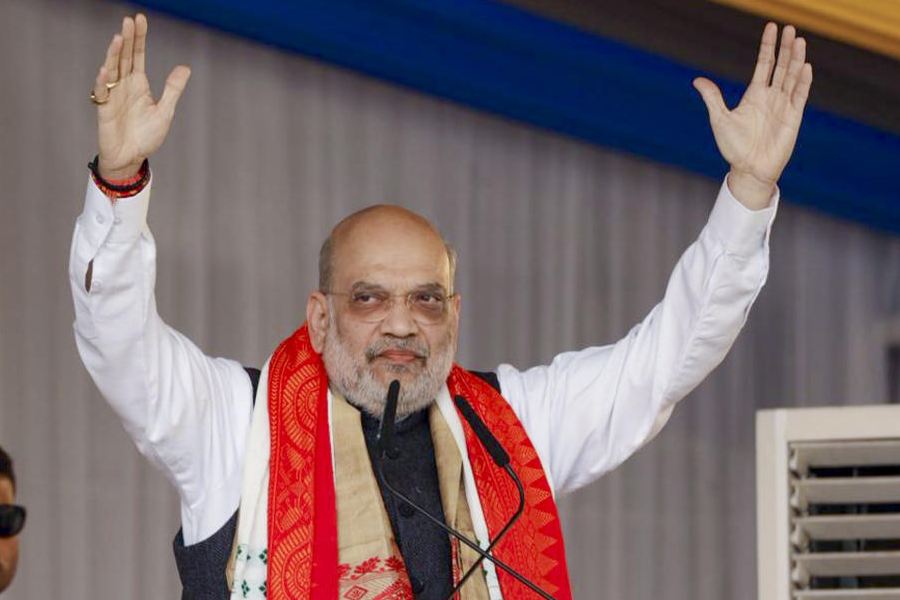India will resume issuing tourist visas to Chinese citizens from July 24, the Indian embassy in China announced on Wednesday.
This marks the first time in five years that such visas will be issued, and comes as another signal of a thaw in the frost in ties between the two nations.
The move comes on the heels of the Indian government's top policy think tank, the Niti Aayog, recommending easing restrictions that currently require stringent security clearances for investments originating from China.
Under the rules introduced in July 2020 — following deadly border clashes between Indian and Chinese troops in eastern Ladakh’s Galwan — any investment by entities from countries sharing a land border with India must undergo scrutiny by a designated committee.
These measures were aimed at safeguarding national security and preventing hostile takeovers, and they especially impacted Chinese firms.
The Niti Aayog has proposed allowing Chinese companies to acquire up to 24 per cent stake in Indian firms without needing security clearance, Reuters reported earlier this week citing three Indian government sources.
“The report has gone. We need to see what happens,” a government official told The Economic Times, indicating that the proposal is now under review.
While the industries department is reportedly supportive of the easing, other ministries — including finance, commerce and industry, and external affairs — as well as the Prime Minister’s Office are still examining the recommendation.
“Any decision to ease might be months away and will be taken by political leaders,” two sources told Reuters.
This proposal is part of broader efforts to attract more foreign direct investment (FDI) into India, which has seen a significant decline in recent years. Net FDI plunged to just $353 million in the past financial year—a stark contrast to the $43.9 billion recorded in 2020-21. Although global investment has been dampened by geopolitical events such as Russia’s invasion of Ukraine, India’s specific restrictions on Chinese capital have been viewed as a key barrier.
Deals like a proposed $1 billion electric vehicle joint venture by Chinese automaker BYD in 2023 were shelved due to the current investment regime, sources said.
The proposal from NITI Aayog also includes suggestions to revamp the board responsible for reviewing foreign investment proposals, as part of a broader push to streamline the process and make India a more attractive destination for global capital.
Amid easing military tensions since October, India and China have taken steps to improve diplomatic engagement. These include discussions on resuming direct flights and efforts to find a “permanent solution” to their longstanding border dispute.
Foreign minister Subrahmanyam Jaishankar visited China this week — the first such trip in five years — where he emphasised to his Chinese counterpart the need to resolve border tensions and avoid restrictive trade practices. He also raised concerns about China’s curbs on the export of critical components like rare earth magnets.
This has led to some speculation that Delhi is cosying up to Beijing in dare to the US, where the Donald Trump administration is playing hard ball with India on tariffs.













